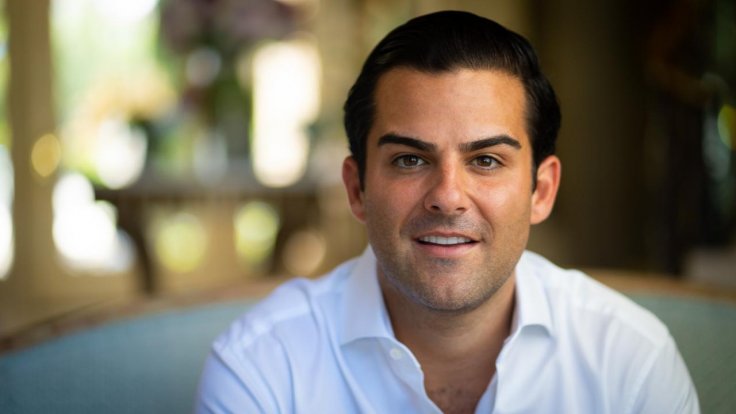
Investing, on some level, requires predicting the future. But how can you predict the future when the present keeps changing? Sean Brown has been trying to answer that question as much as the rest of us in recent months.
As an entrepreneur and founder of venture capital firm GO VC, Brown is pursuing new opportunities while keeping an eye on how today's headlines might affect tomorrow's business environment.
We spoke with Sean Brown to find out what trends he's seeing in the market, the criteria startups must meet before he invests, and what entrepreneurs can do to become investors themselves.
What market segments is your VC firm looking at?
Brown's first forays into entrepreneurship included founding and successfully exiting online marketing and advertising agencies. Those early wins provided both the capital Brown needed to start investing and a blueprint for helping other companies grow. Brown says that GO VC's flexibility has made it possible to step into market gaps more quickly than other established firms.
"We're constantly looking at new deals that emerge from shifts in the market," Brown said. "For example, there was a big increase in eCommerce activity when people shifted to shopping online in the early stages of the coronavirus pandemic. Businesses in that niche that can hold on to enough of those customers long-term are poised to do pretty well if these trends hold."
What are the top three criteria you consider before investing six figures or more in an early-stage tech company?
To date, GO VC's investments have ranged from five to seven figures, and the firm specializes in — but isn't limited to — funding startups in the tech sector. Brown brings an open mind to each pitch meeting but says there are a few questions that need to be answered correctly for a potential partnership to move forward.
"Broadly speaking, I'd say my top three questions are usually 'Why will this idea work?', 'Where do we fit in?', and 'Do we want to work with them?'," Brown says. "We have a due diligence checklist like anybody else, and that covers most of the technical considerations, but I've really gravitated more to the human side of things as we've built our portfolio."
How would you evaluate a possible portfolio company and its business plan?
GO VC's expansion beyond the tech sector has also included meetings with different startups and investment groups, including portfolio companies. Beyond the criteria already mentioned, Brown says that he doesn't have any problem working with portfolio companies beyond the logistical concerns.
"We'd never turn down an opportunity just because a portfolio company is involved, but it can create more hurdles before the deal is finalized," Brown said. "One possible holdup is that more stakeholders can complicate or dilute the potential return, which we have to be mindful of in the contract stage."
Where do you see yourself in five years?
Brown's journey from founder to financier has been a fairly quick one, and even though economic uncertainty and global turmoil have been making headlines recently, he's optimistic about GO VC's growth.
"I hesitate to predict where we'll be that far down the road -- things have changed so much in the last few months that the world could look totally different by then," Brown said. "We'll probably still live in California because our families and businesses are here, but who knows?"
Sean Brown's wife, Casey Brown, is also an entrepreneur and has a boutique sweets chain called "Casey's Cupcakes" with locations throughout Southern California.
"Come back in four-and-a-half years," Brown added with a laugh, "and ask me again then."
How do you define your success for you and your company?
As a boutique firm, GO VC's annual number of new deals rarely ventures into double digits. But the firm's wide-ranging approach to boosting new businesses makes a personal touch more important — and ultimately more rewarding.
"There are always benchmarks you set for returns as an investor, and we do what we can to help startups as part of reaching those goals," Brown said. "But what's really made GO VC special is partnering with people on projects that we feel strongly about. As long as we have the freedom to choose investments based on ideas that inspire us and not just financial reasons, I'd say we're a success."
Any advice for your readers?
Brown has high hopes for GO VC and, by extension, the diverse collection of startups that they're investing in. For entrepreneurs and business owners looking to make a similar jump into investing, Brown says you have to be willing to outlay more than just funds.
"I'd say focus on what you can control, and play to your own strengths," Brown said. "For example, because I already knew marketing when I started investing, I was able to leverage that to help businesses get off the ground more quickly. If you have experience or connections to share, not just capital, put them to good use."








